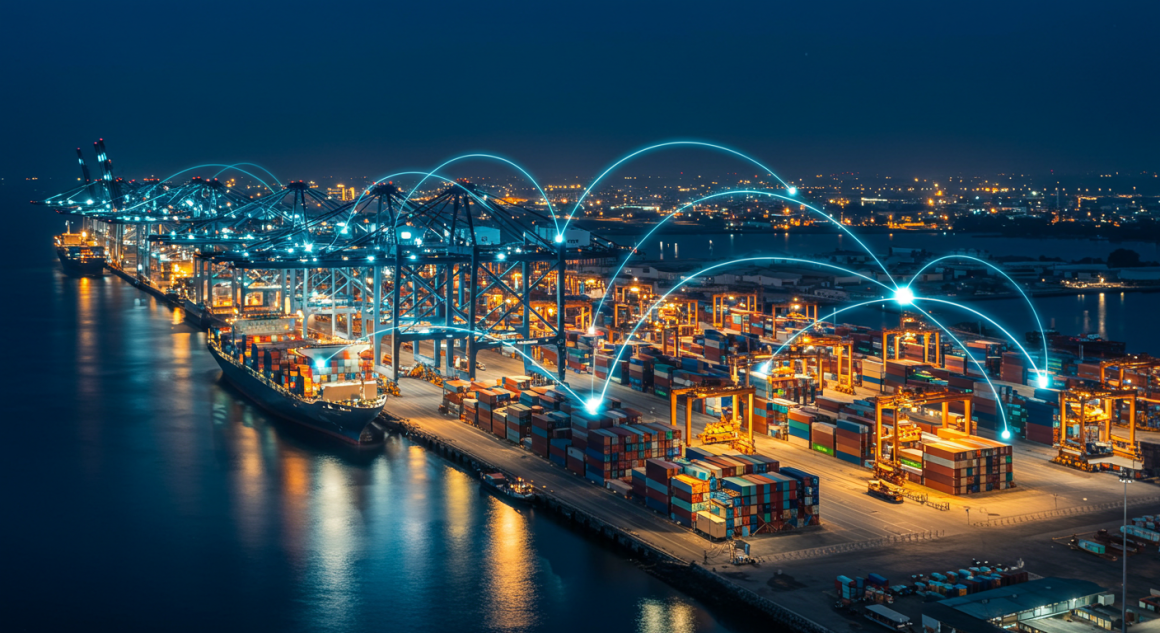Forget the imagery of conquest, of flags planted on foreign soil. The new colonialism, if one must use the term, is not one of subjugation, but of connection. It is built not with armies, but with cranes; not with decrees, but with dredgers. And nowhere is this quiet revolution more evident than off the coast of Senegal, where the dredger Willem Van Rubroeck is carving a 5-kilometer channel into the Atlantic seabed — the first, silent stroke in redrawing the economic map of an entire continent.
DP World’s touch in Africa — in Senegal, in Somaliland, in Egypt — is subtle, profound, and transformative. It is empire-building for the 21st century, an empire not of territory, but of efficiency; not of extraction, but of empowerment. When Sultan Ahmed bin Sulayem meets with Senegal’s Prime Minister Ousmane Sonko, it is not a negotiation of dominance, but a handshake sealing a covenant of shared ambition. The $1.2 billion Port of Ndayane is not merely a construction project; it is Senegal’s declaration of intent, a physical manifesto written in steel, concrete, and deep-water channels, declaring its readiness to be a global trade hub.
The vision is breathtaking in its scope and its synergy. This isn’t just about building a bigger dock to handle more ships. It’s about creating an entire ecosystem. The port itself, with its 840-meter quay designed for the world’s largest container vessels, is merely the anchor. The true transformation lies in the economic zone planned near Blaise Diagne International Airport — a seamless, synergistic hub where cargo leaps effortlessly from ship to plane, where factories hum beside logistics centers, where a Senegalese entrepreneur can design a product in Dakar, manufacture it locally, and have it on shelves in London or Lagos within days. It’s about turning “Made in Senegal” from a local label into a global brand.
The impact, as projected by British International Investment, is not abstract economics; it is human destiny rewritten. A 3% boost to Senegal’s GDP isn’t a number on a spreadsheet; it’s the promise of 22,000 new jobs directly tied to trade, of 2.3 million livelihoods transformed across the nation. It’s the fisherman’s son in Thiès learning logistics management, the young woman in Dakar launching an e-commerce platform targeting European markets, the farmer in the Peanut Basin seeing his harvest reach global consumers at fair, life-changing prices. The port won’t just handle containers; it will handle aspirations.
This is the silent handshake in action. DP World brings not just capital, but decades of global expertise in making trade frictionless. Senegal brings not just land and labor, but a strategic location, a young, dynamic population, and a government fiercely committed to economic transformation. The result is a partnership that transcends the transactional. It’s about laying fiber-optic cables alongside rail lines, about creating customs software that speaks a universal language of efficiency, about building corridors where African goods — not just raw materials, but finished, value-added products — flow as freely and as swiftly as data across the internet.
The old Port of Dakar, constrained by the vibrant, chaotic growth of the capital city, was a symbol of past potential. Ndayane is the symbol of the future — unbounded, expansive, connected. As the first piles are driven into the seabed, they aren’t just foundations for a quay; they are keystones for a new West African renaissance. DP World isn’t conquering Africa. It is, with a quiet, powerful handshake, helping Africa conquer its own potential, one port, one partnership, one perfectly dredged channel at a time.


Leave a Reply
You must be logged in to post a comment.